Dreaming of homeownership but worried about your credit score? You’re not alone. Your credit score determines not just if you can buy a house, but also how much you’ll pay for it over time. The good news is you don’t need a perfect score to become a homeowner. In fact, many Americans successfully purchase homes with credit scores that are far from the maximum 850. Whether you’re sitting at a comfortable 740 or working with a more modest 580, there’s likely a path to homeownership available to you.
How Credit Scores Impact Your Mortgage
Your credit score impacts your mortgage in three main ways. First, it directly affects your chances of mortgage approval:
- Scores above 700 have strong approval odds with most lenders.
- Scores between 620 and 699 might require shopping around to find willing lenders.
- Scores below 620 significantly limit your options to government-backed programs.
The closer you are to the minimum requirement, the more other factors (income, assets, employment history) need to be strong to compensate.
There is also a direct connection between your credit score and the interest rate you’ll be offered. Even a slight difference in rates can have a huge financial impact over time. Borrowers with scores above 760 typically secure the lowest available interest rates, putting them in a prime position to maximize their purchasing power. Each 20-point drop in your credit score could increase your rate by 0.25 to 0.5 percent.
Finally, your credit score affects how much money you need to bring to the closing table. Higher scores (700+) often qualify for conventional loans with down payments as low as 3-5 percent. Lower scores (580-620) may require larger down payments of 10 percent or more, as lenders seek additional financial commitment to offset the perceived higher risk.
What is the Minimum Credit Score to Buy a House?
Conventional Loans
The minimum credit score to buy a house with a conventional loan is typically 620. However, this represents the absolute floor, and your experience with a score at this level may be challenging. Lenders often prefer scores of 640 or higher to ensure approval. If your score falls between 620 and 660, expect to pay higher interest rates and potentially face stricter requirements regarding your debt-to-income ratio and employment history. Many conventional lenders reserve their most favorable terms for borrowers with scores above 700, with the best rates typically going to those exceeding 740.
FHA Loans
The absolute minimum credit score to buy a house through the FHA program is 500, but this comes with restrictions. Borrowers with scores between 500 and 579 must make a down payment of at least 10 percent of the purchase price. For borrowers with credit scores of 580 and above, FHA loans require only a 3.5 percent down payment.
VA Loans
VA loans don’t officially have a minimum credit score requirement set by the VA. However, most lenders who offer VA loans set their own minimum credit score requirements, typically around 580-620. Some VA lenders may go lower for borrowers with strong compensating factors, such as low debt-to-income ratios or substantial income.
USDA Loans
Like VA loans, the USDA doesn’t set an official minimum credit score. However, most lenders require a score of at least 640 for streamlined processing. Borrowers with scores below 640 may still qualify for USDA loans, but they’ll undergo a more thorough manual underwriting process. Lenders will look closely at factors like payment history, stable income, and low debt levels.
Options for Homebuyers with Lower Credit Scores
Credit Unions
Many community banks and credit unions take a more personalized approach to mortgage lending. They consider factors beyond your credit score. Credit unions often have missions centered around member service rather than profit maximization. This can translate to more flexible lending standards. Some credit unions offer special programs specifically designed for members with credit challenges or those who have been denied by traditional lenders.
Rent-to-Own and Seller Financing
Rent-to-own arrangements allow you to rent a property with an option to buy it in the future. Typically, this means a portion of your monthly rent is being credited toward your down payment. This approach gives you time to improve your credit score while already living in your future home. By the time the purchase option becomes available (typically 1-3 years), you might qualify for traditional financing with your improved credit profile.
Seller financing is another alternative where the property owner acts as the lender. This can eliminate the need for traditional mortgage approval. Since individual sellers set their own criteria, credit scores may be less important than your income stability and down payment.
Non-QM (Non-Qualified Mortgage) Lenders
Non-QM lenders specialize in loans that fall outside the “qualified mortgage” definition established by the Consumer Financial Protection Bureau. These lenders offer more creative financing solutions for borrowers who don’t fit into conventional lending boxes. Some non-QM lenders offer credit score requirements as low as 500-550. However, to compensate for this risk they require a higher down payment (often 20 percent or more) and higher interest rates.
Working with a Co-Signer or Co-Borrower
Adding a co-signer or co-borrower with strong credit to your mortgage application can help compensate for your lower score. Lenders will consider both credit profiles, potentially allowing you to qualify for better loan terms than you could achieve independently.
A co-borrower typically takes joint ownership of the property and shares responsibility for the mortgage payments. This arrangement works well with spouses or family members who will live in the home. A co-signer doesn’t take ownership but legally guarantees the loan, putting their own credit at risk if you default.
Don’t let uncertainty about your credit score keep you from exploring your options. Contact your local REMAX office to connect with an experienced real estate agent who can help you understand exactly what credit score you need to buy a house, identify the most appropriate loan programs for your situation, and connect you with lenders who specialize in working with your credit profile.







